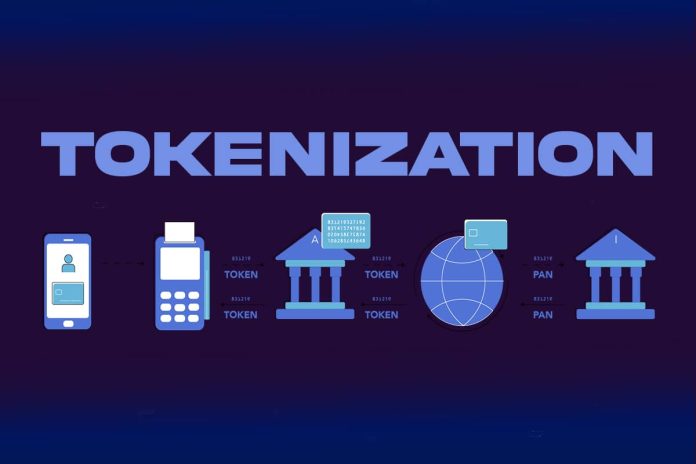As more companies and individuals utilize subscriptions and recurring payments, payment service providers will need to change how they store payment information.
Joe Meuse, vice president of product at Spreedly, said in an interview: “No one likes to see a subscription that we use and depend on every day go dark because payment information was outdated and the payment could not be made.
He said that the payments might not go through because the cardholder may have switched financial institutions, obtained a new card, or replaced the card if it had been lost or stolen.
If providers don’t take action to address customer complaints, they will quickly find themselves with client lifetime values of zero.
Vaulting and tokenization, according to Meuse, may improve card lifecycle management, which can help reduce payment interruptions and increase consumer loyalty to retailers.
The enhancements facilitated by these lifecycle technologies can be thought of as “evergreen management,” he said, adding that this strategy “is about ensuring that the card is always available for transactions whenever the payer is ready to make a payment.”
These cardholders want to make sure their cards are always in good standing, as do the businesses they are doing business with.
Holistic Lifecycle Management Methodology
Card lifecycle management, as he pointed out, is the systematic update of card-level information, particularly that related to primary account numbers (PANs) and expiration dates. Companies that save credit card information should be able to recognize which cards are obsolete and update the appropriate information automatically.
Meuse explained that there are two ways to get there: An organization may choose to deal with the end user directly or, alternatively, sign up for a service to guarantee that those automated, card-specific updates are done.
The responsibility for protecting card information lies with suppliers and merchants. In 2025, new PCI standards should become available. Changes to password procedures and multifactor authentication are mandated by the new compliance requirements of PCI Data Security Standard 4.0.
By ensuring PCI compliance with these criteria, vault providers (like Spreedly) may provide customers trust in online transactions by ensuring that merchants are working with the “rightful” customer on the other end.









